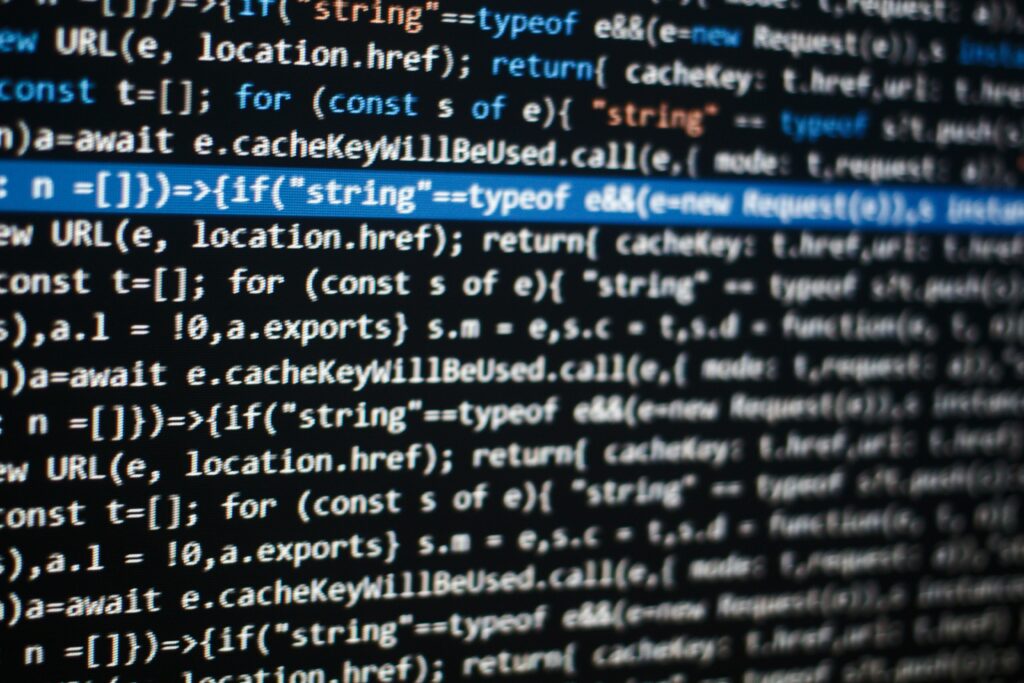The past few years have witnessed an unprecedented surge in the capabilities and adoption of AI within the realm of software development. What started as intelligent auto-completion has rapidly evolved into sophisticated AI-powered coding assistants capable of generating entire functions, debugging errors, and even explaining complex code structures. Tools like GitHub Copilot, Amazon CodeWhisperer, and Google Gemini’s coding features, which gained significant traction since their public debuts in late 2022 and throughout 2023, are at the forefront of this transformation. These intelligent systems leverage vast datasets of existing code to predict, suggest, and even write code in various programming languages, accelerating the development lifecycle like never before. Developers are no longer just typing; they’re orchestrating, with AI as their highly efficient, tireless assistant.
Boosting Developer Productivity and Innovation
The immediate impact of AI-powered coding assistants is most evident in significant gains in developer productivity. A recent study by GitHub, focusing on Copilot users, revealed that developers completed tasks 55% faster when using the AI assistant. This isn’t merely about writing more lines of code; it’s about reducing the cognitive load on developers, allowing them to focus on higher-order problem-solving rather than boilerplate code or syntax memorization. By automating repetitive tasks, such as generating unit tests, writing documentation stubs, or translating code between languages, these tools free up valuable developer time. This newfound efficiency translates into shorter development cycles, faster time-to-market for new features, and the ability for teams to tackle more ambitious projects with existing resources. This phenomenon echoes our insights on generative AI in business, showing a broad impact across industries.
Democratizing Coding and Elevating Skillsets
Beyond raw productivity, AI-powered coding assistants are playing a crucial role in democratizing software development. Novice programmers can now receive real-time guidance, explanations, and code suggestions that act as an on-demand mentor. This lowers the barrier to entry, enabling more individuals to contribute to coding projects and reducing the onboarding time for new team members. For seasoned professionals, AI takes on the role of an intelligent pair programmer, offering alternative solutions, identifying potential pitfalls, and even refactoring code for better performance or readability. This collaborative dynamic allows senior developers to delegate more routine coding tasks to AI, enabling them to dedicate their expertise to architectural design, complex algorithm development, and strategic innovation.
Navigating Challenges and Ethical Considerations
While the benefits are undeniable, the rapid adoption of AI-powered coding assistants also introduces a new set of challenges and ethical considerations. Concerns around code ownership, potential security vulnerabilities introduced by AI-generated code, and the risk of perpetuating biases present in training data are paramount. The ‘black box’ nature of some AI models means understanding why certain code was generated can be difficult, posing challenges for debugging and long-term maintenance. Moreover, there’s an ongoing debate about the impact on junior developers’ skill development—will over-reliance on AI hinder their fundamental understanding of programming concepts? Addressing these issues requires robust policy frameworks, continuous ethical reviews, and a commitment to transparency from AI developers.
The Future is Collaborative: AI and Human Developers
Looking ahead, experts widely agree that the future of software development will not see AI replacing human developers, but rather augmenting their capabilities. Dr. Anya Sharma, a leading AI ethicist and tech forecaster, predicts, “The next generation of AI coding assistants will be even more deeply integrated into developer workflows, offering hyper-personalized learning paths, sophisticated code optimization, and proactive vulnerability detection. The focus will shift from simply generating code to empowering developers with supercharged cognitive tools.” This evolution suggests a future where human ingenuity and AI efficiency converge, leading to an era of unparalleled innovation in software creation. Developers will become more like architects and strategists, leveraging AI to bring their visions to life with unprecedented speed and precision.
Ultimately, AI-powered coding assistants are more than just a passing trend; they are a fundamental shift in how we approach software creation. By embracing these tools responsibly, the tech community can unlock new levels of productivity, foster greater innovation, and continue to push the boundaries of what’s possible in the digital world.

